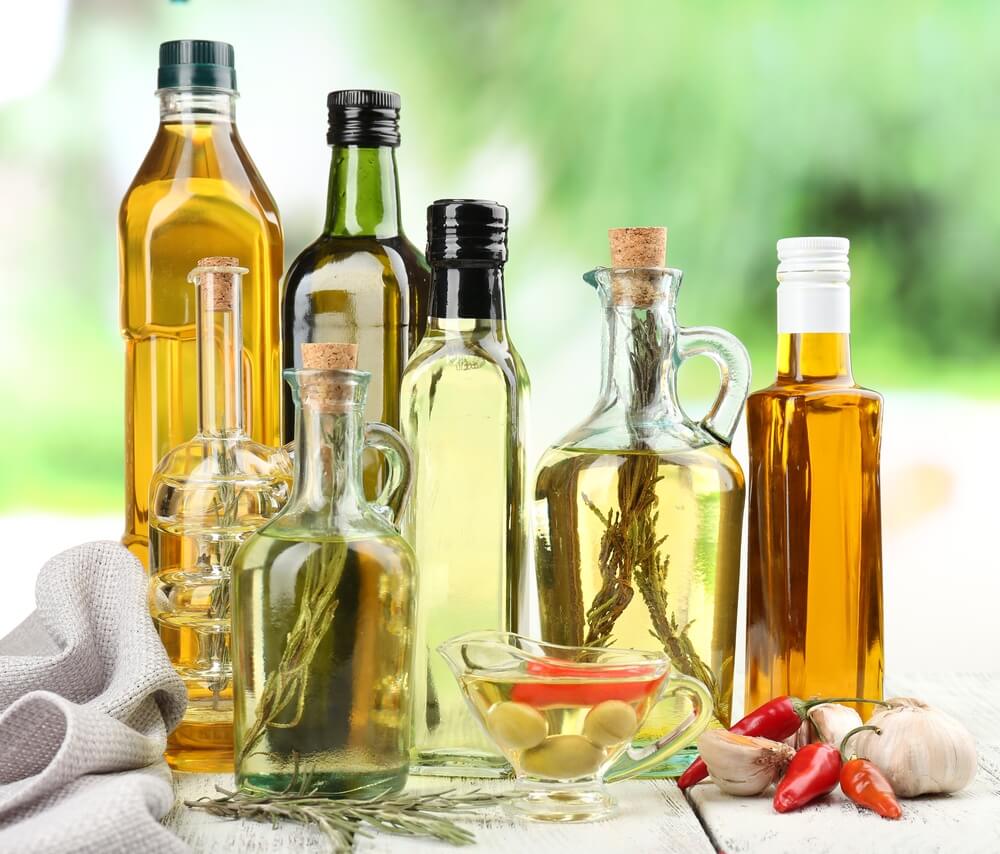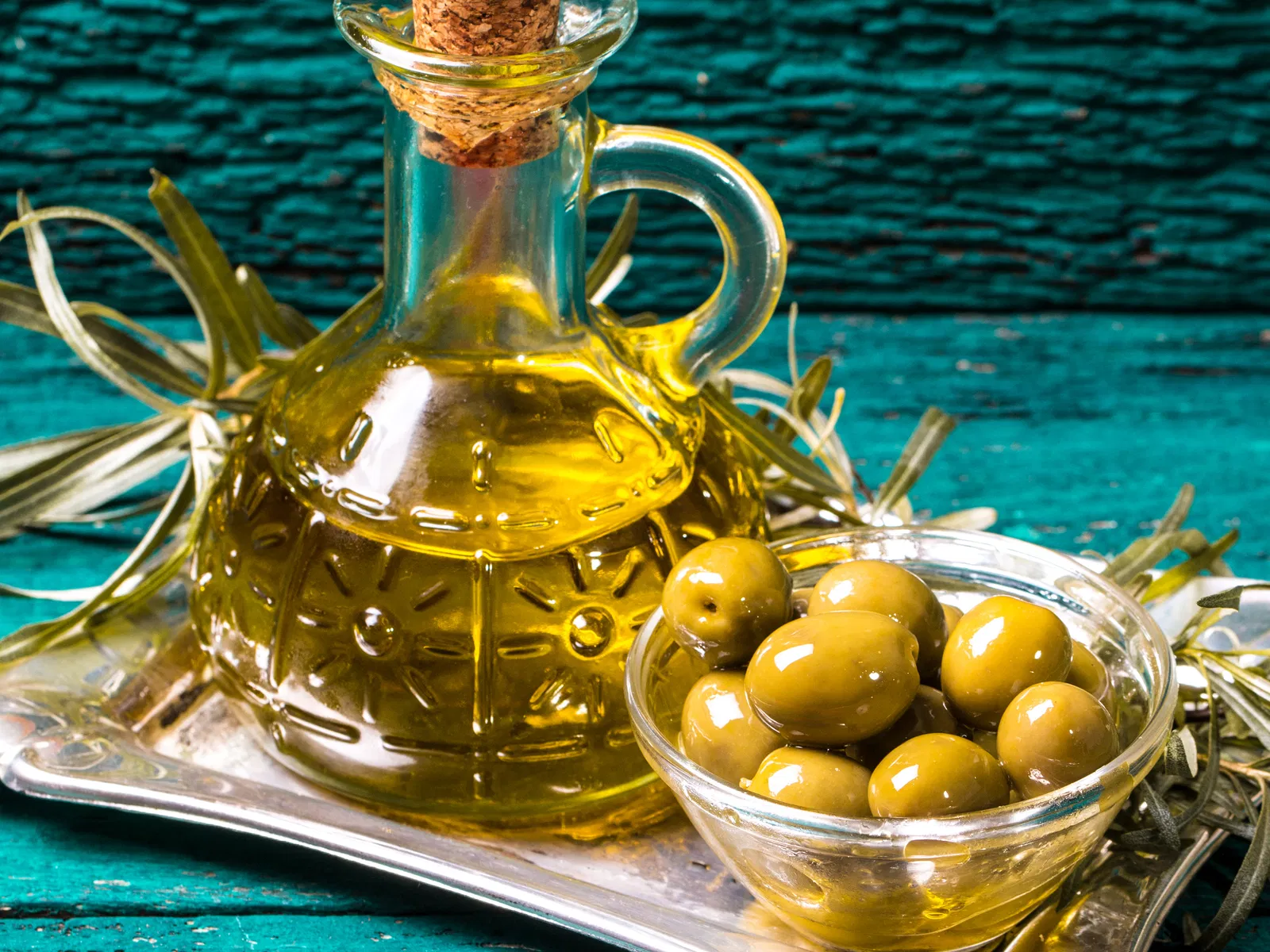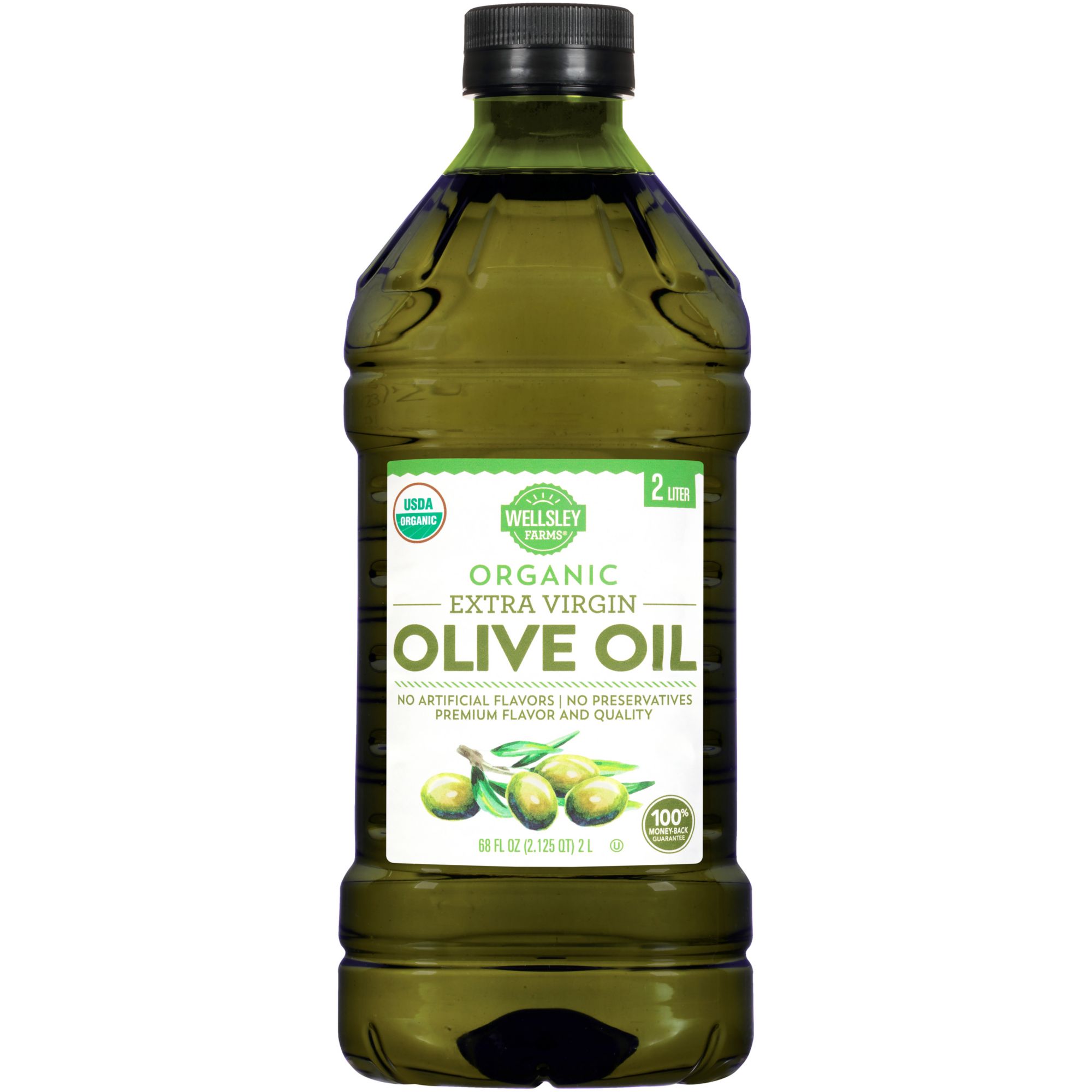Unlock the Hidden Extra Virgin Olive Oil Benefits for Weight Loss
Unlock the Hidden Extra Virgin Olive Oil Benefits for Weight Loss
Blog Article
Exploring the Various Kinds Of Olive Oil and Their Uses, Consisting Of Bonus Virgin Olive Oil
The expedition of olive oil encompasses a diverse range of kinds, each offering unique flavors and culinary applications. Extra virgin olive oil, renowned for its remarkable top quality and wellness benefits, serves as a staple in numerous cooking areas, yet it is only one element of this complex ingredient.
What Is Olive Oil?
Originated from the fruit of the olive tree, olive oil is a staple in Mediterranean food and a key ingredient in various culinary applications. This versatile oil is created by pushing whole olives, resulting in a liquid that differs in taste, color, and aroma relying on the type of olives used, the region of farming, and the removal process. Olive oil is predominantly made up of monounsaturated fats, particularly oleic acid, which is known for its prospective health benefits, consisting of anti-inflammatory buildings and cardiovascular assistance.
Along with its cooking uses, olive oil has a lengthy history of application in typical medication and skincare, owing to its abundant antioxidant material (extra virgin olive oil benefits). The oil is commonly made use of in dressings, marinades, and for cooking methods such as sautéing and roasting. Its distinctive taste profile can improve the taste of various dishes, making it an important ingredient for both home cooks and specialist cooks
In addition, olive oil is commemorated for its function in the Mediterranean diet regimen, which is associated with numerous health and wellness benefits. As recognition of these advantages expands, olive oil proceeds to acquire appeal worldwide as an essential element of a healthy lifestyle.
Sorts Of Olive Oil
Comprehending the various kinds of olive oil is important for both cooking fanatics and health-conscious consumers. Olive oil is identified largely based upon its extraction technique and quality, which considerably impacts its health and wellness, taste, and fragrance advantages.

Light olive oil, in spite of its name, describes a lighter flavor and not lower calories. It is ideal for those looking for an extra subtle taste in dressings and marinades. In addition, there are flavorful olive oils infused with herbs, flavors, or citrus, which can boost meals without the requirement for extra seasoning.
Each kind of olive oil serves certain cooking objectives, and comprehending these differences permits customers to make informed selections that align with their food preparation designs and wellness goals.
Bonus Virgin Olive Oil
Extra virgin olive oil (EVOO) is commonly pertained to as the finest olive oil readily available, popular for its rich taste and various health benefits. To be classified as extra virgin, the oil should be created from fresh olives using mechanical processes, without the use of solvents or too much warmth. This thorough method maintains the oil's natural tastes, anti-oxidants, and healthy and balanced fats, leading to a product with a reduced acidity degree of less than 0.8%.
EVOO is plentiful in monounsaturated fats, especially oleic acid, which is connected to reduced swelling and improved heart health. It additionally includes polyphenols, effective anti-oxidants that may provide safety impacts against persistent conditions. The flavor profile of EVOO can vary substantially depending upon the olive range and region of manufacturing, varying from fruity and grassy to article durable and sharp.

Culinary Use Olive Oil

In food preparation, olive oil can be utilized for sautéing, toasting, and grilling, providing a healthier option to butter or other fats. Its high smoke factor makes it suitable for numerous cooking approaches, while its anti-oxidants add to a heart-healthy diet plan. Showering olive oil over finished dishes, such as pasta, fish, or grilled vegetables, can elevate flavors and add a touch of beauty.
In addition, olive oil plays a considerable duty in baking, where it can replace standard fats in dishes for bread and breads, imparting dampness and a subtle preference. It additionally functions as a base for instilled oils, enabling chefs to explore flavors such as garlic, herbs, or chili, additionally expanding its culinary potential. In general, olive oil's flexibility makes it vital in both home and specialist kitchen areas.
Choosing Top Quality Olive Oil
When choosing top quality olive oil, it's vital to take into consideration several essential aspects that affect the item's health, flavor, and fragrance benefits. Opt for additional virgin olive oil (EVOO), which is acquired from the initial chilly pushing of olives and has the greatest degrees of antioxidants and advantageous compounds. Look for oils that are accredited by acknowledged organizations, as this frequently ensures adherence to rigorous quality standards.
The try here product packaging likewise plays a substantial duty in maintaining the oil's stability. Choose oils saved in dark glass containers or tins to shield against light destruction. Take notice of the harvest day; fresher oils provide superior flavor and nutritional value, so pick products that are within 18 months of their harvest.
Be conscious of the preference; a good quality olive oil should have an equilibrium of fruity, bitter, and sharp notes, suggesting its richness and complexity. By reviewing these aspects, you can ensure you are picking the finest olive oil for your cooking demands.
Verdict
In recap, the exploration of different types of olive oil reveals distinctive characteristics and applications, with extra virgin olive oil standing for the pinnacle of quality as a result of its low level of acidity and high antioxidant web content. Its flexibility in cooking usages improves flavors in dressings, sauces, and showers. Understanding the various selections of olive oil permits for educated options in food preparation approaches, advertising much healthier techniques while enriching the overall gastronomic experience. Quality option remains vital for optimal advantages.
Obtained from the fruit of the olive tree, olive oil is a staple in Mediterranean food and an essential active ingredient in different cooking applications.The most common kinds of olive oil consist of improved olive oil, pure olive oil, and light olive oil.Extra virgin olive oil (EVOO) is widely pertained to as the highest quality olive oil readily available, popular for its abundant taste and numerous wellness benefits. Decide for added virgin olive oil (EVOO), which is acquired from the very first chilly pressing of olives and contains the greatest degrees of antioxidants and valuable substances.In summary, the exploration of various kinds of olive oil reveals distinctive qualities and applications, with additional virgin olive oil representing the peak of quality due to its reduced acidity and high antioxidant content.
Report this page